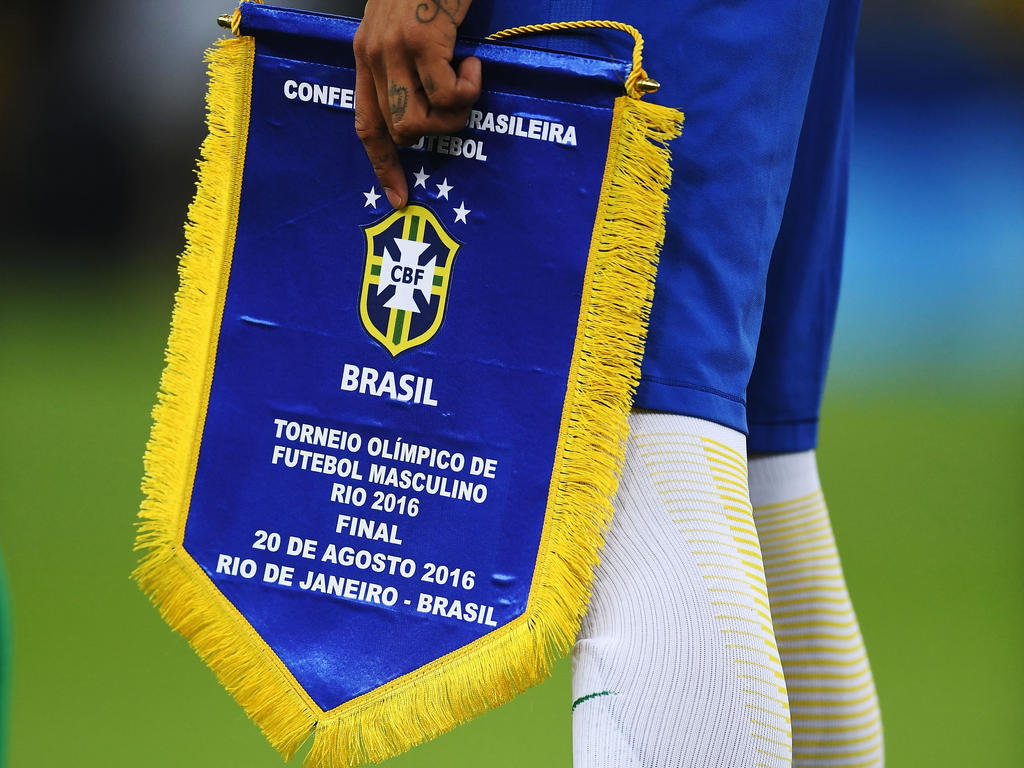Brazil's scouts search for future Neymars

At a trial for youngsters at Rio de Janeiro's Vasco da Gama football club, Vanessa Dias pushed through the bushes to glimpse her 12-year-old son Caua, nervously hoping that he'd just taken his first step to the big time.
About 200 other children aged nine to 17 were taking part in the trial on a basic football pitch in northern Rio under the watch of scouts from the club, one of Brazil's biggest.
Parents weren't allowed in, but some climbed a hill through undergrowth to try to see the field anyway.
"I'm ready to make any sacrifice. I'm unemployed and sometimes I don't have enough to pay for transport, but I always get by with a loan here and there," Dias, 33, said.
Her son actually supports Vasco's big rivals Flamengo, but he's trying to play a bigger game now than mere fandom: getting a shot at becoming a future star himself.
Becoming the next Neymar is the dream of many in a country mad about football and with no shortage of talented youngsters from poor backgrounds hungry for a chance.
But there's nothing easy about getting there.
Vasco's head scout Uerner Leonardo Passos said even in this first set of trials, "only 10 percent of the boys will pass before going to a new series of tests at the club headquarters."
Trials last three days and take place every month, divided into age groups where children get an opportunity to show off their skills in 20-minute games.
Ronaldo Faria, a Vasco scout, has a good idea of what he's looking for: his brother is World Cup winner Romario, the club's biggest ever find.
"The secret of Brazilian football is the favelas, with kids playing on the streets and on rough pitches," he said, referring to the hard-scrabble, often violent neighborhoods where many Brazilians grow up with little more than dreams of getting out.
Vasco puts a big emphasis on scouring those favelas for talent.
"Our scouts often go to the favelas and they keep a network of contacts who will tell them if there's a kid showing potential," said Luiz Rangel, from Vasco's talent spotting department.
Jacy Oliveira, who lives in Rio's Piedade neighborhood, brought four local boys along to the trial.
"Many good players don't even get a chance for a trial because they don't have the money for transport," said Oliveira, who uses his own money in the hope of finding a new talent to boost his own scouting career.
"For now, I've had nothing but expenses but I'm sure that I'll come across a shining star," he said.
Among the boys playing that day, just one really stood out for Ronaldo Faria -- a nine-year-old called Felipe who dribbled past older and bigger opponents with ease.
His twin brother Fernando, however, looked so nervous that he was having trouble performing at all.
"Don't be afraid," one of the trial organizers told him. "Just be normal, play as if you were in the street with your brother."
What scouts want to see are players with talent but able to play in a team without too much individualism. They have another problem, though, and that's the lack of freedom in children already trying to copy adult systems.
"The children are pre-programmed,there are fewer and fewer who play in a spontaneous way," Luiz Rangel said.
"What we're looking for is a series of characteristics: ease with the ball, field position, the way they communicate with the other players on the team. Everything has an influence."
Caio Rodrigues, 15, said it was important not to show off.
"If you try and stand out you end up making a mistake. They want us to play simply and to pass the ball," he said.
Pedro Henrique, 13, has been watching his heroes, Paris Saint-Germain star Neymar and Manchester United and France midfielder Paul Pogba, on video for inspiration.
"When I am big I want to play with them, with Neymar, on the national team," the boy said shyly.





